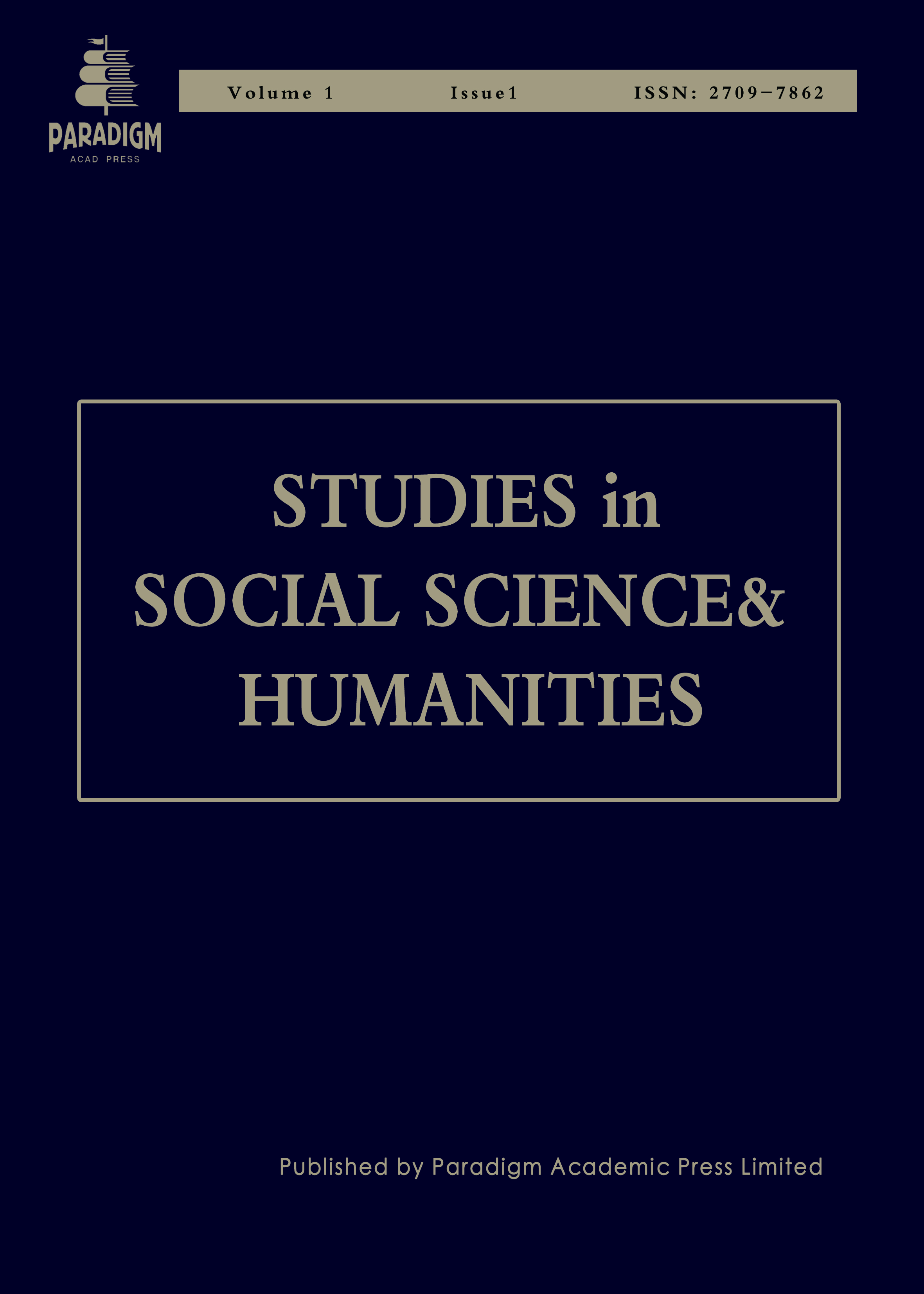Intergenerational Support and the Delayed Transition to Adulthood in Multigenerational Households in Rural Botswana
Keywords:
rural youth, delayed adulthood, multigenerational households, intergenerational support, co-residence, economic dependency, gender roles, psychological autonomy, BotswanaAbstract
This paper explores the delayed transition to adulthood among youth living in multigenerational households in rural Botswana. Challenging universalist models of linear adult development, the study examines how intergenerational support—economic, emotional, and normative—shapes young people’s experiences of dependency and autonomy. Drawing on a culturally grounded framework, it analyzes structural constraints such as unemployment, limited migration access, and gendered labor expectations that restrict formal adult markers like marriage, independent living, and financial self-sufficiency. The paper further interrogates the psychological and social implications of prolonged co-residence, revealing feelings of frustration, invisibility, and identity stagnation among youth. Rather than viewing delayed adulthood solely as a developmental crisis, the study argues for a more contextualized understanding that accounts for cultural continuity, kinship obligations, and adaptive strategies. It concludes by proposing a reframing of adulthood as a relational and negotiated process, rather than a fixed chronological endpoint.


